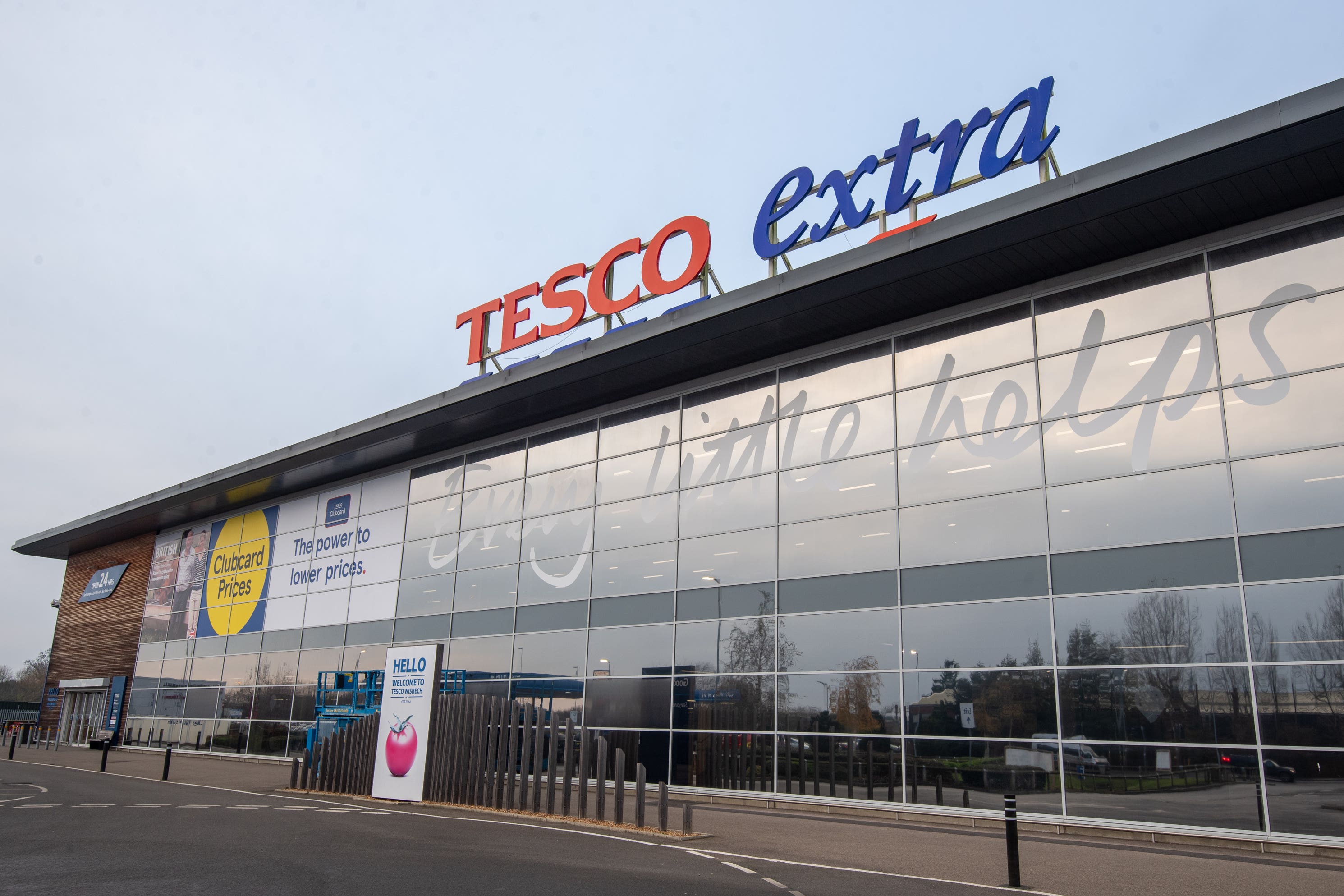Unions accuse Tesco of profiteering as earnings soar – are they right?
Chief executive Ken Murphy says the grocer is run with ‘all stakeholders’ in mind, but poorer customers are still badly struggling while shareholders enjoy rich rewards, says James Moore


Unite general secretary Sharon Graham’s response to Tesco’s announcement of a £2.3bn pre-tax profit – more than double the previous year’s number, and its best result for more than a decade – was furious.
“Tesco is raking in mountains of cash while families struggle to put food on the table because of sky-high prices. Many companies have used the cost of living crisis to grab excessive profits,” said Graham. “There is an epidemic of profiteering in our economy – the government has been missing in action and failed to curb it.”
Tesco’s headline numbers seem to suggest that, while a large cohort of customers is struggling to afford the basics, shareholders have been feasting on its Finest range.
It raises the question: was this honest profit?
How much has retailers’ desire to reward investors contributed to the painful jump in food prices that has left Britain’s poorest kids turning up to school without breakfast?
“Inflationary pressures have lessened substantially, however, we are conscious that things are still difficult for many customers, so we have worked hard to reduce prices and have now been the cheapest full-line grocer for well over a year,” said chief executive Ken Murphy after hailing Tesco’s “strong performance”.
When I put Sharon Graham’s comment to Tesco, I was pointed to another line from Murphy in which he extolled his “balanced approach to running the business”, which means: “You have to look after all the stakeholders and you also have to leave the business in better shape than you found it.”
Murphy claimed: “We’ve never been cheaper than Asda in our history, but we’ve been consistently cheaper for 16 months,” and praised the company’s “high employee engagement” and “reasonable returns to shareholders”.
“We think the balanced model is working,” he said.
Numbers produced by Which? do not back his claim. In March, Tesco came fourth behind Aldi, Lidl and Asda for a 71-item basket and third behind Asda and Morrisons for a wider 184-item basket (that excludes Aldi and Lidl, whose ranges are limited). Tesco was also behind Asda in the February survey of both baskets. Make of that what you will.
Wednesday’s results also show that Tesco increased its operating margin from 3.8 per cent to 4.2 per cent in the UK and Ireland during the 2023/24 reporting year. Margins can be boosted by increasing prices, obviously, but also by reducing costs. Tesco is good at the latter; after the disastrous spell presided over by Philip Clarke, who took over from Sir Terry Leahy, it has hired some skilful executives – including Murphy – and decisively turned the business around.
But his argument that Tesco is pursuing a “balanced strategy” is questionable. Shareholders have been treated to a double-digit dividend hike – payments are up 11 per cent – while the group spent an additional £750m over the 2023/24 year on buying back its own shares, another means of returning cash to investors because all the while prices were rising.
Murphy’s talk of “inflationary pressures receding” is good news, but it’s important to remember that lower inflation simply means that food prices are rising at a slower rate than before. Cumulatively, food price inflation – which was in the high teens at its peak – has greatly and permanently increased the price of the average family’s weekly shop.
It is true the supermarket sector is highly competitive. Having investigated prices, the Competition and Markets Authority says it will focus only on loyalty card pricing and the limiting of deals to customers with Tesco clubcards, along with the baby formula market. That suggests Sharon Graham’s accusation of profiteering doesn’t seem justified in Tesco’s marketplace.
But critics might still have a point. When Tesco talks about how “hard” it is working to reduce prices, it is fair to ask whether it is doing as much as it could.






Join our commenting forum
Join thought-provoking conversations, follow other Independent readers and see their replies
Comments